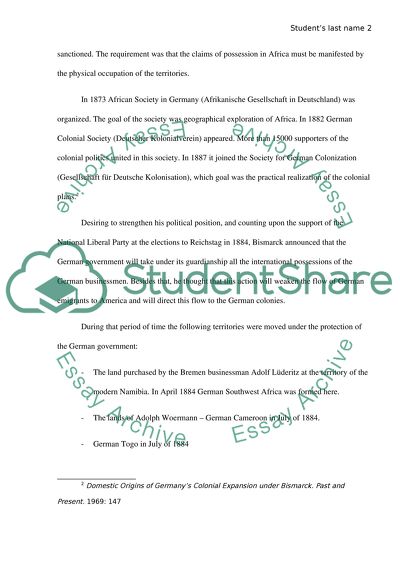Cite this document
(“The German Creation of Colonies in Africa and the British Expansion of Term Paper”, n.d.)
The German Creation of Colonies in Africa and the British Expansion of Term Paper. Retrieved from https://studentshare.org/history/1402884-19th-century-europe
The German Creation of Colonies in Africa and the British Expansion of Term Paper. Retrieved from https://studentshare.org/history/1402884-19th-century-europe
(The German Creation of Colonies in Africa and the British Expansion of Term Paper)
The German Creation of Colonies in Africa and the British Expansion of Term Paper. https://studentshare.org/history/1402884-19th-century-europe.
The German Creation of Colonies in Africa and the British Expansion of Term Paper. https://studentshare.org/history/1402884-19th-century-europe.
“The German Creation of Colonies in Africa and the British Expansion of Term Paper”, n.d. https://studentshare.org/history/1402884-19th-century-europe.


